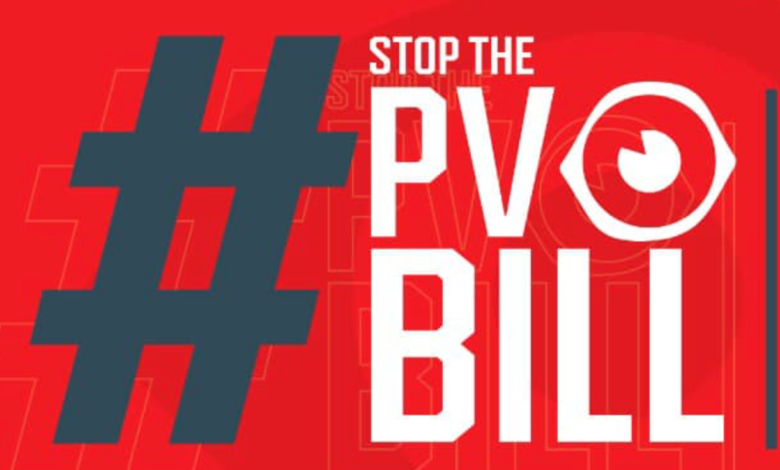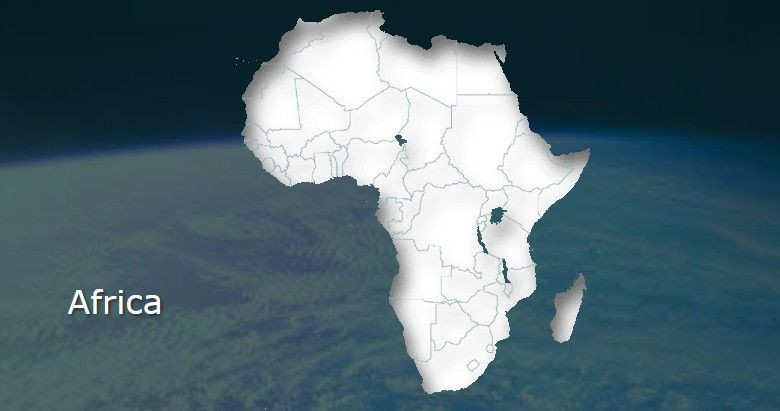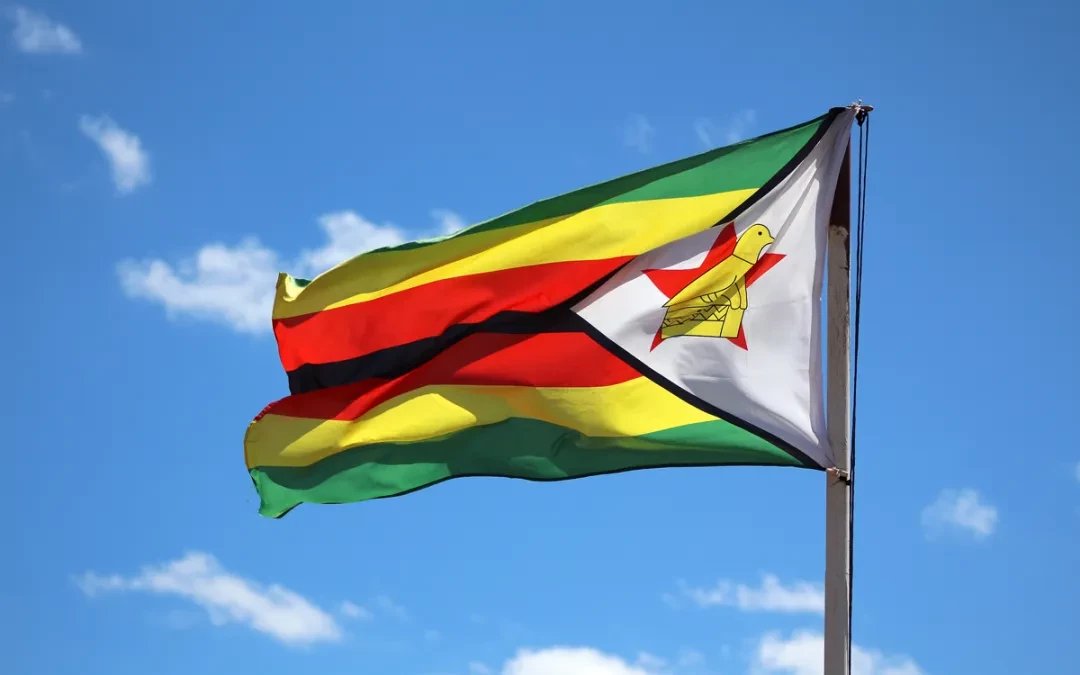
AFRICA, with collective gross domestic product (GDP) of around US$2,6 billion, spends nearly US$43 billion annually on food imports. The region is faced with a myriad of challenges sucking the life of the agricultural sector.
Political instability, recessions, droughts and locusts need a robust foundation of relevant digital technologies to transform farming.
Around 40% of global agricultural production comes from 20% of irrigated land. Thus, Africa has more arable land to produce two to three times more cereals and grains for the world if it invests in irrigation.
The history of irrigation has deep roots. History can be traced from 1938 in Mali when French colonialist authorities established an ambitious irrigation scheme — diverting water from the Niger River to irrigate one million hectares of fertile land.
Since 2008, governments have brought various plans to facilitate irrigation schemes, with up to 79 constructed across sub-Saharan Africa between the 1940s and 2010.
Africa has been facing severe challenges on this vital farmland input — as it is a rain-fed agriculture-based region.
According to Global Agricultural Productivity (GAP), expanding irrigation puts sub-Saharan Africa’s arid and semi-arid population (38%) at a healthy production stage.
Currently, no more than 5%-6% of Africa’s cropland is irrigated, and this value has increased only slightly during recent years. This is despite the enormous potential to expand irrigation in Africa.
- Chamisa under fire over US$120K donation
- Mavhunga puts DeMbare into Chibuku quarterfinals
- Pension funds bet on Cabora Bassa oilfields
- Councils defy govt fire tender directive
Keep Reading
GAP argues that nearly 96 million hectares in sub-Saharan Africa can be irrigated by smallholders with the right and relevant technology, ultimately benefiting more than 369 million people.
In the case of best performers, South Africa has an interesting take. Irrigation in South Africa contributed 25% to 30% of agricultural production.
Africa draws billions from farmlands with proper advisory support, credit provision, research and development and with expanded awareness about irrigation technology, this can be increased immensely.
By 2018, only 12 African countries, including Malawi, Rwanda, Mali, Tanzania, Zambia, Morocco and Ethiopia, according to the United Nations 2019 report, had proper mechanisation structures within their agricultural sectors.
The region arguably has the least mechanised agricultural systems globally.
African farmers have only one-tenth as mechanised tools per farm area as farmers in other developing regions, and access has grown slower.-The Farmer
Govt-supported BEAM killing schools
THE education system will continue dying as schools are badly resourced because government is not making payment towards Basic Education Assistance Module or pays after the currency has been eroded by inflation.
Take for example schools proposed levies at $5 000 when the exchange rate was $107 on the official market and $185 on the black market.
Now the exchange rate is around $300 on the black market, with government making late payments towards the BEAM programme, which means schools are getting less than what they would have when the fees were set.
When government finally makes payment towards the BEAM programme, the rate would have escalated to $350 or $400, meaning the schools lose out as a result of inflation.
It means the school will only be left with big, but useless figures.
Government must be timeous in paying for the BEAM programmes. Schools are ill-equipped to deliver the best education demanded by today’s curriculum and they survive on the fees and levies paid by parents and guardians as well as money from government, which is hardly paid in time.
If government is not sincere, schools will continue struggling as some have above half of their learners’ fees paid through the BEAM programme.-Isaac Mupinyuri
What will happen if govt goes ahead with PVOs Bill
IN November 2021, government published the Private Voluntary Organisations (PVOs) Bill in the Government Gazette.
This legal instrument was crafted to regulate the operations of all voluntary organisations.
The Bill’s scope directly affects organisations focusing on physical and social needs, charity, legal aid, animal welfare and resource mobilisation.
Religious bodies, statutory institutions, political organisations, and educational trusts are among the entities which does not fall under the ambit of the Bill.
According to its memorandum, the Bill was crafted in order for the country to comply with the Financial Action Task Force Recommendations against money-laundering as well as to enhance efficient regulation of voluntary organisations and to prevent organisations from participating in political lobbying.
However, the PVOs Bill in its current state poses a threat to the independence and operations of voluntary organisations.
Below is a list of expected effects of the Bill:
- Every registered trust in Zimbabwe will lose its legal personality and become an unlawful entity until it is registered as a PVO in terms of the PVO Act.
- Trusts registered with the High Court without registering as PVOs will be prohibited from fundraising and collecting any contributions from internal and external players through a sworn declaration.
- PVOs will be prohibited from engaging in political activities although the Bill does not define what these political activities entail.
- A PVO deemed to be conducting political activities will have its registration cancelled.
- Government will be able to interfere with the operations of trusts by compelling the appointment of any individual of its choice to the position of a trustee who will run the affairs of the Trust for a period not exceeding 60 days.
- The State will have the power to summarily dissolve any trust that is deemed to be critical of government.
- Every trust that conducts internal and external fundraising will have its books and accounts monitored by the government.
- Government will monitor any material amendment of the constitution of a trust.
- Government will have the discretion to interfere with the programming and decision-making of a trust through the PVO board.
- The PVO board will be able to impose any new conditions for the registration of a PVO using its discretion.
- The responsible minister will be empowered to inspect the operations of a registered PVO.
- Government will be empowered to suspend the committee of a PVO if the minister considers the entity to be mismanaged or views suspension as a necessary or desirable measure in the public interest. This would be unlawful as it contravenes an extant Supreme Court judgment on the right to a fair hearing of organisations.
- Members of a PVO deemed to be conducting operations contrary to the Bill will be subject to imprisonment.-SIVIO Institute











